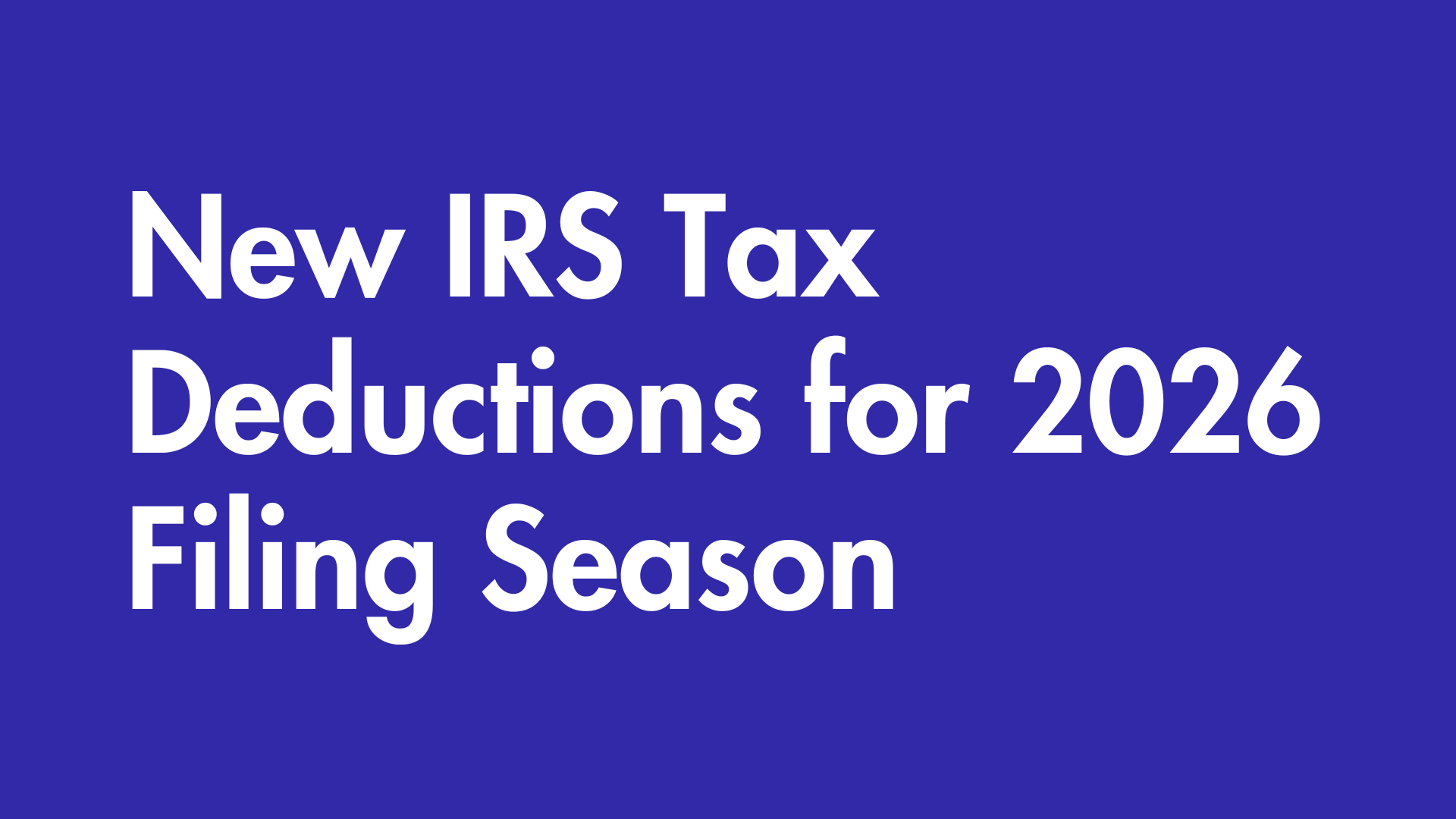Are Social Security Benefits Taxable?
Social Security benefits provide vital financial support for millions of Americans, especially retirees and those with disabilities. But a common question is: Are Social Security benefits taxable? The answer depends on your overall income and filing status. Let’s break it down.
Are Social Security Benefits Always Taxable?
How Is Taxability Determined?
Whether your Social Security benefits are taxable depends on your combined income, which includes your adjusted gross income (AGI), nontaxable interest, and half of your Social Security benefits. If your combined income exceeds a certain threshold, a portion of your benefits may be taxed.
Key Thresholds to Know
The IRS sets specific thresholds to determine whether your Social Security benefits are taxable:
- For Single Filers:
- Combined income over $25,000 may result in up to 50% of benefits being taxed.
- Combined income over $34,000 may result in up to 85% of benefits being taxed.
- For Married Filing Jointly:
- Combined income over $32,000 may result in up to 50% of benefits being taxed.
- Combined income over $44,000 may result in up to 85% of benefits being taxed.
What Does “Up to 85%” Mean?
This doesn’t mean you’ll lose 85% of your benefits to taxes. Instead, it means that up to 85% of the benefits you receive may be included in your taxable income and taxed at your regular income tax rate.
Watch Chad Explain It All
Want to hear this explained in detail? Watch Chad Dickinson from Arch Tax break it down in this quick video:
Steps to Determine If Your Benefits Are Taxable
If you’re unsure about the taxability of your Social Security benefits, the IRS provides a helpful online tool to guide you. You can access it here: IRS Social Security Taxability Tool.
Tips to Reduce Taxes on Social Security Benefits
- Track Your Other Income Sources: The more income you earn outside of Social Security, the more likely your benefits will be taxed. Monitor and manage other income to stay below the thresholds.
- Leverage Tax-Advantaged Accounts: Consider using tax-free or tax-deferred accounts to reduce your taxable income.
- Work With a Tax Professional: A tax advisor can help you create a plan to minimize taxes on your benefits and optimize your overall financial strategy.
Final Thoughts
Understanding whether your Social Security benefits are taxable is an essential part of retirement planning. Knowing the income thresholds and how combined income is calculated can help you take steps to minimize your tax liability and keep more of your benefits.
Have questions about your Social Security benefits? Contact us at Arch Tax for expert guidance and support. Let’s work together to ensure your retirement is financially secure and stress-free.








